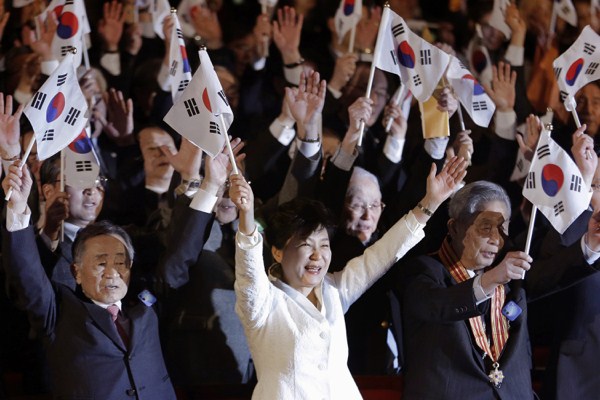Last month, Lee Wan-koo was confirmed as South Korea’s prime minister, despite allegations that he had dodged military service and was involved in suspicious real estate deals. This is just the latest in a series of scandals that have plagued the administration of President Park Geun-hye. In an email interview, Charles Armstrong, professor of Korean studies at Columbia University, discussed South Korean domestic politics.
WPR: What have been the most damaging crises and scandals faced by South Korean President Park Geun-hye and her administration, and how effective has she been at navigating them?
Charles Armstrong: The biggest single crisis was the affair over the National Intelligence Service having interfered with the 2012 presidential election, followed by the allegations of ethical misconduct leveled against recently confirmed Prime Minister Lee Wan-koo. In general, Park has been criticized for her closed and unilateral control of Cabinet appointments and lack of transparency. Many critics, including some in Park’s own party, called for a more thorough Cabinet reshuffle than the partial one that took place. Her new chief of staff, Lee Byung-kee, seems very much in a damage-control mode as Park’s popularity and that of her party continue to sink.

